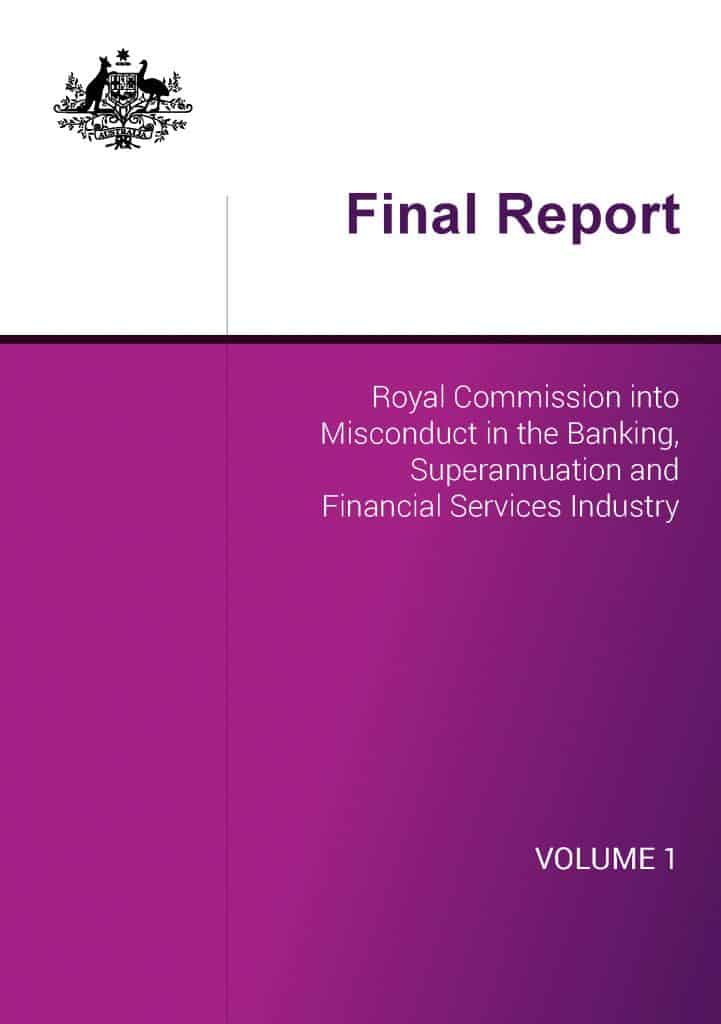Occupational health and safety (OHS) has come late to seeing its operations as part of the organisational culture of Australian businesses. Its realisation started with an assertion of a “safety culture” that operated in parallel with regular business imperatives but often resulted in conflict and usually on the losing side. OHS has matured and become less timid by stating that OHS is an integral part of the operational and policy decision-making.

Some of that business leadership that was admired by OHS and many other professions existed in the banking and finance sector which has received a hammering over the last two years in a Royal Commission. That investigation’s final report was released publicly on 4 February 2019. The report reveals misconduct, disdain, poor regulatory enforcement and a toxic culture, amongst other problems. The OHS profession can learn much from an examination of the report and some of the analysis of that industry sector over the last few years.



 In 2017 the Queensland Government was advised to prohibit
In 2017 the Queensland Government was advised to prohibit 